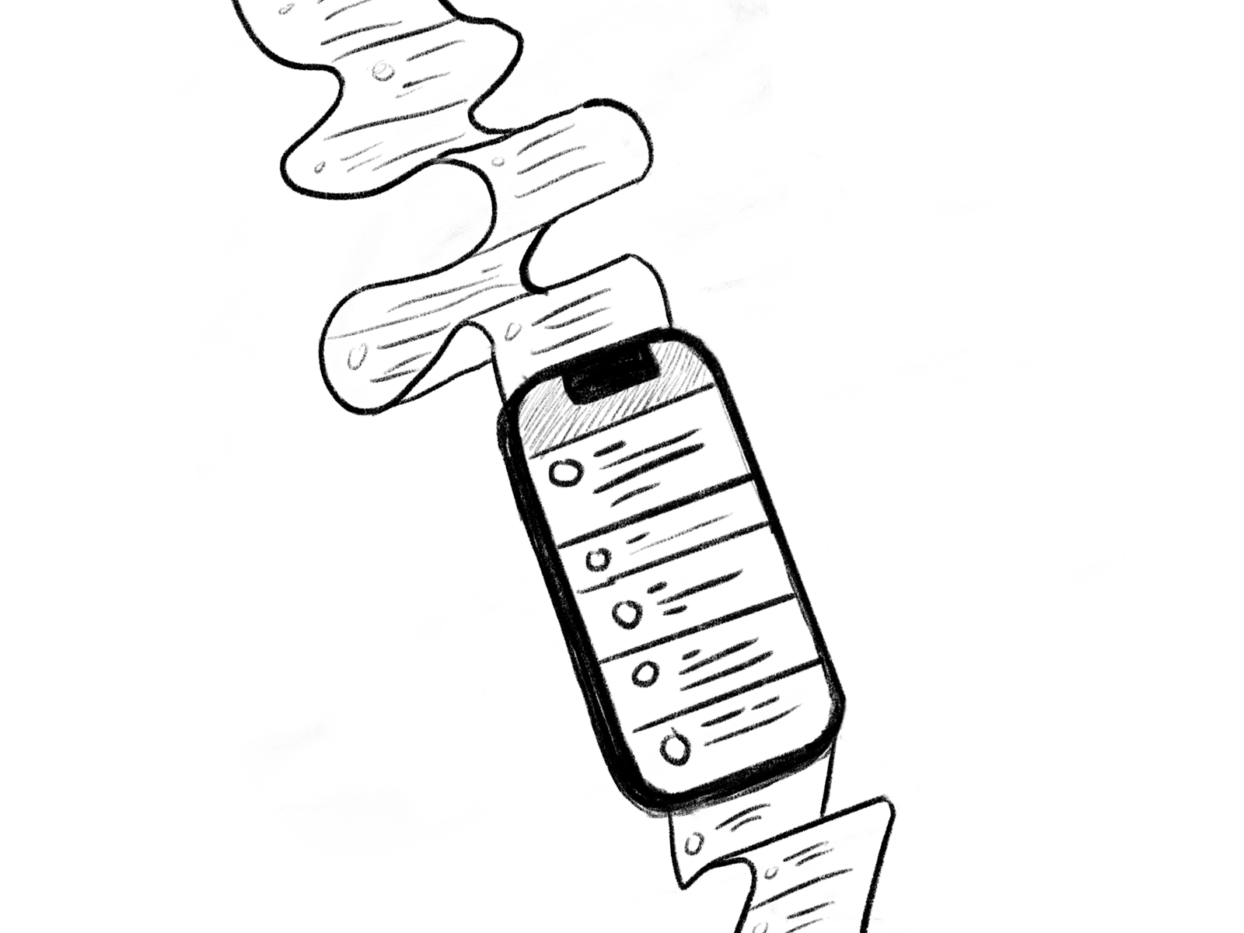
Image by Ivy Sanders Schneider

Image by Ivy Sanders Schneider
I’m on Twitter all day every day, which doesn’t mean I’m looking at it all the time, but that it’s a kind of burbling backdrop to everything else going on in my life — all the reading and writing and thinking and talking. “Backdrop” isn’t quite right, though, because Twitter is also integrated into whatever it is I’m doing, feeding and sometimes poisoning it. By which I mean I don’t really understand the distinction between “the internet” and “real life,” though I acknowledge that there certainly is one.
All of this is to say that reports of Twitter’s demise at the hands of Elon Musk made me feel more frightened than I’d care to admit. He was firing engineers, disabling key features, doing things that seemed actually dangerous, and tweeting like someone who had lost his mind. He appeared to be steering the platform toward ruin — and everyone, me included, seemed to be imagining a world in which Twitter might go dark, maybe overnight. I would wake up, click on the icon that is often my first portal into the world, and it wouldn’t exist anymore. In many ways, my life would likely improve, and yet I couldn’t really imagine it, going forward without this web of consciousnesses that seemed to be running like ticker tape alongside mine.
People started posting self-important farewells. They added Mastodon handles to their bios and declared they would only be on Instagram from now on. (This struck me as embarrassing, as any denunciation of social media always has.) And yet the promised general collapse didn’t happen — for the average user, things went on mostly as normal. Musk added a feature that showed you the number of people who’d seen your tweet, which seemed designed to induce some amount of shame. There were reports of more harassment, more bugs in the app, and more ads, but it was still functionally the same portal, where people could write lists of books they had read in 2022 and express how stupid everyone else’s lists were. It began to feel to me like so many other predictions of collapse: exaggerated, while containing a kernel of truth, or perhaps of desire. We wanted many things at once: for Twitter to go away, maybe, or at least for the site — this place where we spend so much of our time — to be dramatized. Most of us, however, didn’t go anywhere. We just felt the website, both the internet and real life, shifting beneath us.
Sophie Haigney is the web editor of The Paris Review. She is at work on a book about collections.